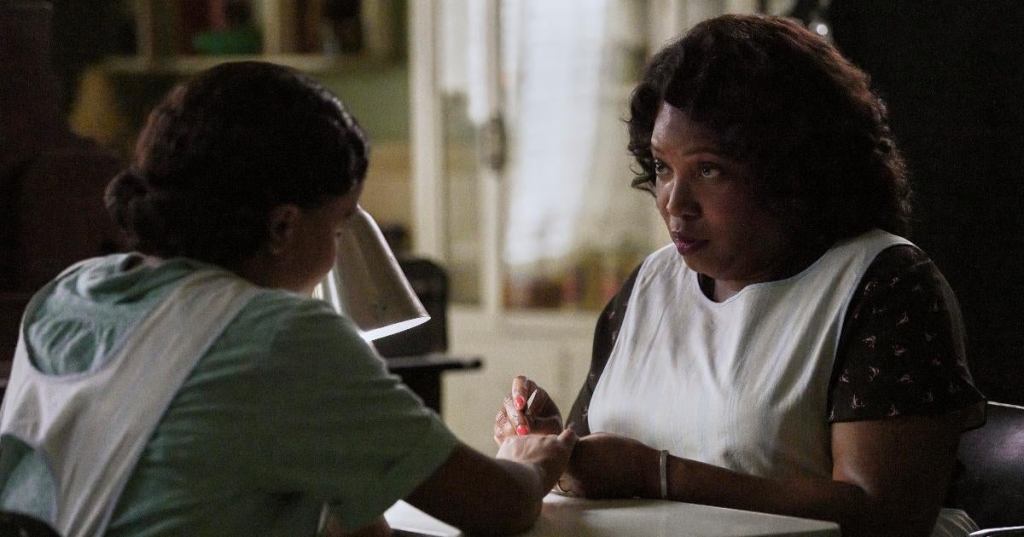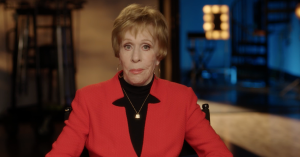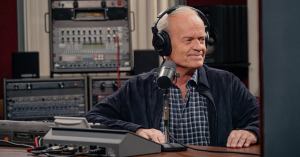A League of Their Own premiered on Prime Video on Friday, and the show is nothing like the 1992 film of the same name. The series features new storylines and new characters, including Toni Champman, the mother of baseball hopeful Max Chapman (Chanté Adams). In an exclusive interview with PopCulture.com, Saidah Ekulona, who plays Toni in A League of Their Own, talked about playing a hard-nosed mother in the series.
“Yes, it was wonderful, and I’ve played mothers before,” Ekulona exclusively told PopCulture. “But the thing is I never played a mom who had to deal with this situation of her child, finding a way to communicate with her child, ‘This is what I want you to do for your future. This is what I’ve set up for you. This is the way that I know that you can be protected in this racist and sexist society.’ And the child says, ‘No, this is what I’m going to do.’ So learning how to let your child go and how to let them be themselves, that was the most compelling part for me. And it’s hard. I’m not a mom, but man, that’s hard and emotional.”
Videos by PopCulture.com
Max wants to play in the All-American Girls Professional Baseball League but is not allowed because she’s Black. This leads to her going on a season-long journey to discover who she is with and without baseball. Toni doesn’t like Max playing baseball because she wants her to have a stable job and not have to struggle for everything she has. The storyline is big in the series because nothing like this was done in the movie.
“There are Black people in it,” Ekulona said when asked about the difference between the film and the Prime Video series. “There are Latin people in it. There are queer people in it. And we get to learn about them and their lives and their communities.”
But along with the diversity the series has to offer, there is another reason why fans should binge all eight episodes of A League of Their Own. “Well, because it’s funny,” Ekulona stated. “You get to see a lot of women being funny. You get to see an expansion of what life was like for people of color in 1943 and the queer community. You get a fuller, more enhanced version of actual life during that time period. And you can learn something.”





